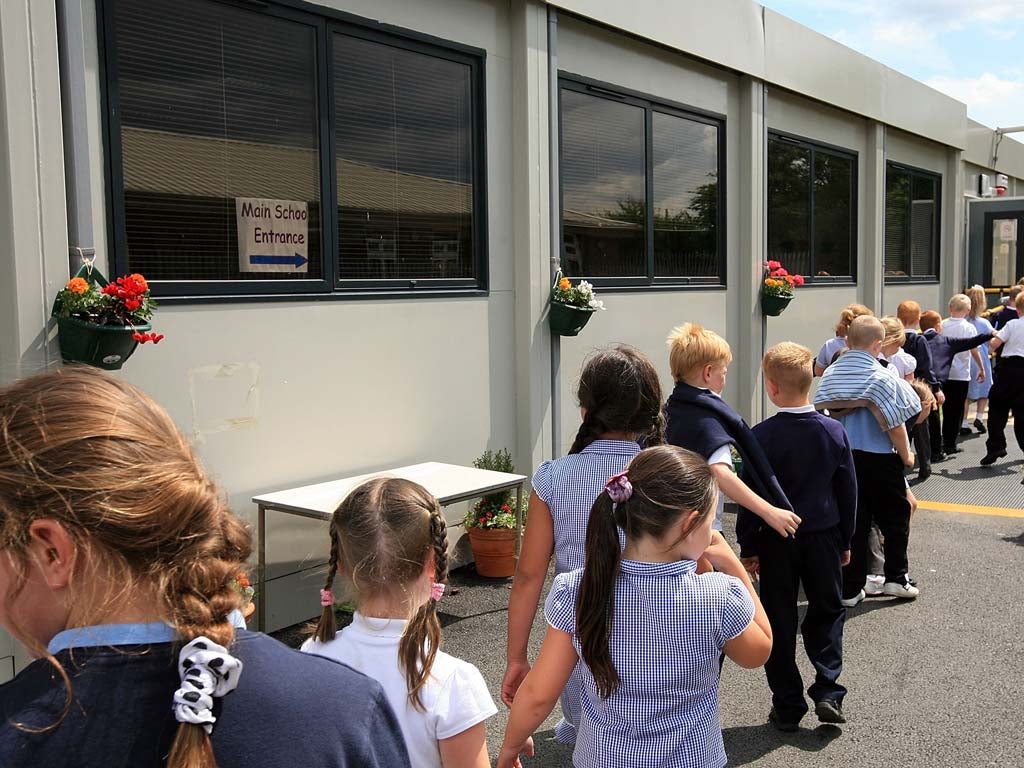Drop this Great British fetish with childhood
For all the outcry over deviant stars, most abuse is committed by someone known to the child.


Last week was half term; streets teemed with children, offices were parent-free zones, and the airwaves throbbed with indignation about Jimmy Savile, Welsh children’s homes and the stratagems deployed by high earners to keep their child benefit.
Oh, yes, and an eminent neurologist, Uta Frith, caught flak in the blogosphere by suggesting that high-flying mothers should buy the best childcare they could afford and – by extension – stop obsessing about going out to work.
Since then, we have had a report saying that more children should be taken into care (because their homes are so dire); another about the plight of “stateless” children who have been smuggled into the UK; some kite-flying about restricting child benefit to two children; and Nick Clegg suggesting that the Liberal Democrats would campaign for affordable childcare in the run-up to the next election.
It is at such times that I want to grab the ear-muffs, shout to everyone to shut up, and take one of these child-free flights that travel companies talk about – but don’t provide – to a resort catering to grown-ups only.
What is it about Britain and children? In most continental countries, children have a place, but it is not a political place, as it so often seems to be here. Nor is it one that treats childhood as the be-all and end-all of existence rather than less than a quarter of most people’s lives. The Belgians managed to treat the horrific Dutroux paedophile case as the heinous crime it was, rather than a child-protection issue that demanded new laws. French women cheerfully take their children to nursery, without fearing they will be psychologically scarred for life, while the Italians indulge the little dears horribly, but do not expect the state to help.
The Germans are currently embarking on a national debate about whether and how more mothers should work. So they may, I fear, join us in our national neurosis a few years down the line – unless some sensible former East Germans who benefited from state nurseries tell them to stop fussing and carry on. But in none of these countries is such a stark line drawn as there seems to be here between children as little angels (potential victims) and children as little devils (already despoiled). Nor is there anywhere that seems to suspect men of being more interested in children (in quite the wrong way) than in the opposite sex.
Now you might argue that one reason for the difference is that it reflects at least part of the truth. Britain is almost as divided, along class and wealth lines, as the US, with the difference that Americans can mostly avoid contact with the “others”, whereas in Britain, we still live to an extent side by side. Last year’s riots hardly flattered the image of British teenagers. And for all their disparities, a succession of sordid criminal cases – Baby P, Shannon Matthews, the Rochdale child-abuse ring – served to keep this particular sort of crime in the public mind, well before Jimmy Savile returned from the grave to stoke subliminal adult fears.
Our high incidence of family breakdown, the relatively large number of women in the workforce, coupled with low pay and high childcare costs, may all fuel a situation in which more children, in one part of the social spectrum, are less secure and less cherished than across the Channel. Long and inflexible working hours also foster that sense of guilt that Prof Frith referred to among professional women.
I have little doubt that many other countries manage this better; that parents elsewhere have more time – if not more money – for their children, and that, in their early years at least, their children are more secure, less unruly and better attuned to their place in the predominantly adult world. The endurance of old-fashioned social codes may also mean that depravity is either less prevalent or less likely to be exposed. Those parents brought up in traditional families may also know, from their own childhoods, that parenting does not have to be perfect; good enough will mostly do.
The quest for perfection at one end and abject neglect at the other may not add up to a uniquely British disease. But the way in which politics aggravates the symptoms surely helps it on the way. Step forward Gordon Brown who, as Chancellor and then Prime Minister, lionised “hard-working families” and pledged to end “child poverty”. It is laudable, of course, for ministers to want to protect “innocent” children from the consequences of their parents’ misdeeds or inadequacies. But it sends contradictory messages, allowing children – at the extreme – to become a cash-cow for their parents, while creating an aura around “the family” that is not reflected either in the tax system or in public opinion at large.
The Coalition may be surprised at the popularity of its plans to reduce child-related benefits. Some even think them too tame. But it should not be. Somehow a healthy consensus has survived that, while children are an essential – and, at best, a delightful – part of life, their rights have been progressively elevated over parental responsibilities. For all the hue and cry over deviant stars, it is established that most abuse is committed by someone known to the child. It could even be said that it was a misplaced desire to make children’s dreams come true that gave Savile his chance. The most productive outcome of the latest witch-hunt would be a counter-reaction that put childhood back in its proper place.

Join our commenting forum
Join thought-provoking conversations, follow other Independent readers and see their replies